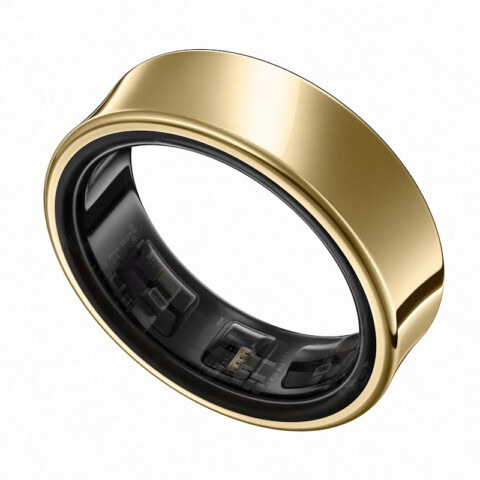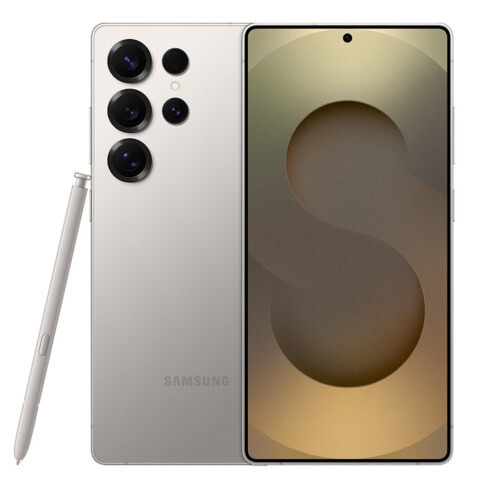The UK just did it. PAT PILCHER asks the question: Is the time coming for NZ to ban telcos from locking phones?
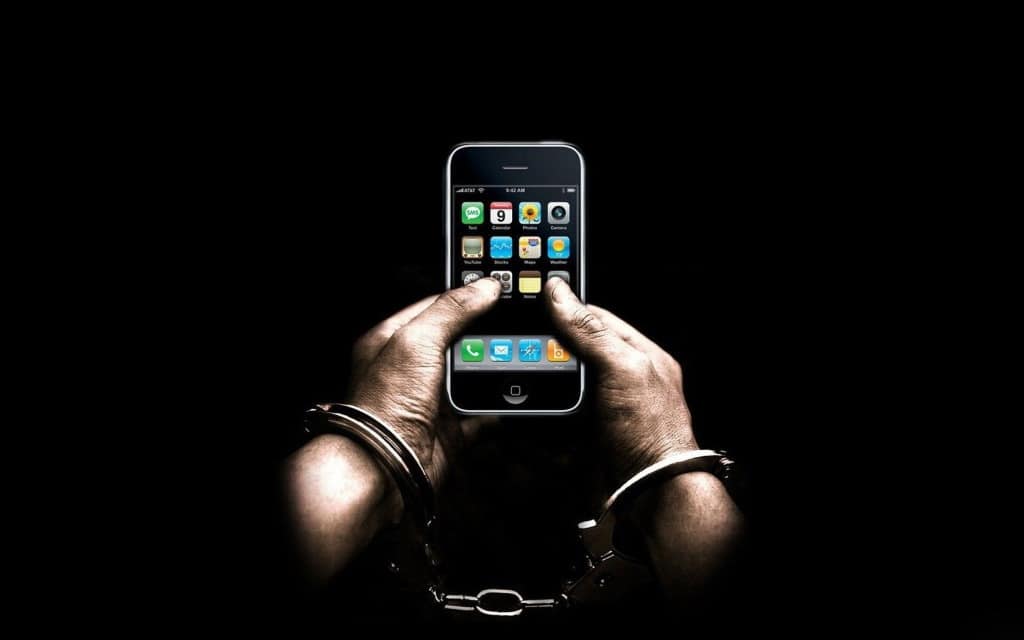
UK Telcos will soon be unable to sell mobile phones that are SIM-locked to their network. Brit regulator, Ofcom, announced the changes to encourage greater competition, saying that for many, the hassle involved in getting a phone unlocked was limiting competition. Some New Zealand telcos sell phones that are locked to their networks. Could it be time for a similar law here too?
The argument used by telcos world over to justify locking phones has centred around both security and economics. Telcos argue that locked phones reduce fraud by making it harder for stolen phones to be sold. The other argument used is that telcos can lose money on a subsidised phone as the upfront cost of increasingly pricey phones is only paid off over the plan’s full duration. If a customer dumps the telco, moving to a competitor, the telco is left with red ink.
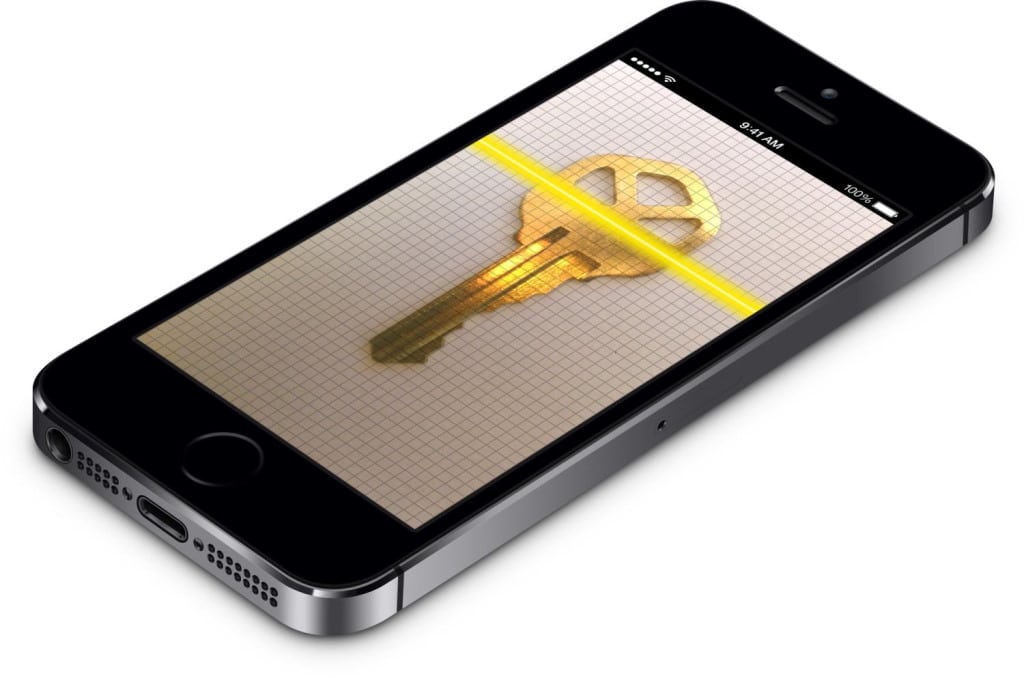
The Brits aren’t buying this. They see the whole locked handset thing as just being over-complicated. Ofcom says that the process customers must undergo to unlock a handset once their plan ends is stopping many from switching to a more competitively priced telco. They say that because of this, some consumers are staying with their current telco and that this is stifling competition. UK changes to legislation align the UK with the soon to be announced European Electronic Communications Code. The new rules come into force from December next year.
So, what about New Zealand?
SIM Locking isn’t anything new to Aotearoa. It had long been a thing here, even if only to a limited extent up to 2008 when Vodafone NZ announced that they’d start to lock handsets and charge $50 to unlock them. While Vodafone never confirmed what influenced the decision, many speculated that it was because Spark had begun to replace their clunky CDMA network with UMTS mobile. A third telco, 2Degrees, had also set up shop, offering UMTS mobile, meaning there was fertile ground for canny consumers to choose from if phones were not locked.
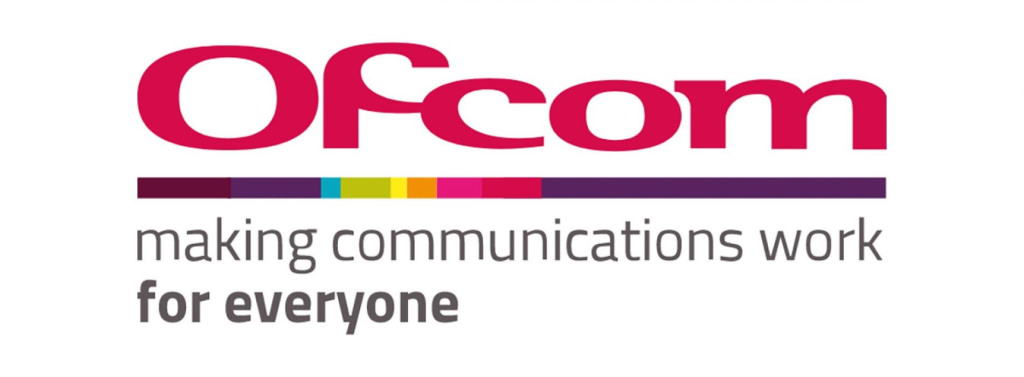
In the end, the Commerce Commission intervened. Vodafone moved away from charging to unlock phones, instead offering to unlock any locked phones at no charge once they have been owned for nine months. From 2015, some telcos and MVNOs (Vodafone, 2Degrees and Skinny) all charged a $30 unlock fee for phones owned for less than nine months. In 2020, they were joined by Spark who also charge a $30 unlock fee for phones owned for less than nine months (unless the phone is on a Pay Monthly 24 Month Plan, which entitles them to one free unlock). More recently, 2Degrees has dropped its fees for unlocking phones.
You’d think that like Ofcom, the Commerce Commission would take a dim view of telcos using SIM locking to prevent consumers from moving to more competitive deals. Yet several years back, the NZ Herald ran a story on phone locking, and the then Commerce Commission’s spokesperson said:
“We don’t believe SIM locking is anti-competitive. It’s analogous to early termination provisions in post-pay contracts. Customers have choices of buying handsets directly or honour some sort of undertaking if they accept a handset subsidy.”
Given that the Commerce Commission’s role is to ensure our market remains competitive and monopoly free, their comment strikes me as being a tad odd.

Customers can still move to another telco, they just must pay early termination fees (these should – in theory – cover costs not recovered by the telco). What was not said by the Commerce Commission spokesperson is that this is at best difficult if the consumer’s phone is locked and will only work with their original telco.
The Commerce Commission’s views may be several years old. Still, they contrast with those of Ofcom’s connectivity director Selina Chadha, who was recently quoted in the UK media saying that “[It] will save people time, money and effort – and help them unlock better deals”.
Unlocking a locked phone can be a frustrating process. In the UK, complaints of long waits for an unlock code are commonplace, as are reports of unlocking codes not working. Making matters worse, buyers are often not aware that the phone/plan bundle they’ve purchased is locked. This must make for an unpleasant surprise (along with a loss of mobile service) when later they decide to move their phone to a new telco.
So, should New Zealand follow the UK and ban phone locking? The answer probably isn’t as straightforward as you’d think. A ban on locked phones might light a fire under our telcos. Still, the flip side is that they’d probably need to charge more for phone/plan combos, and potentially build bigger early termination fees into their mobile plans.









